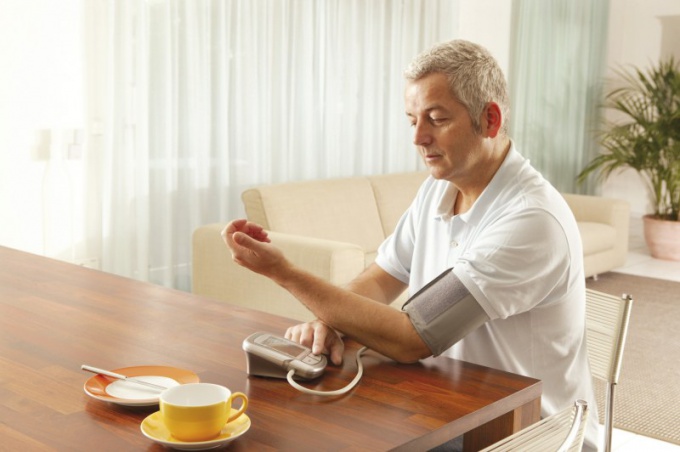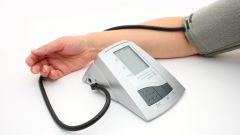From the cardiovascular system depends on the blood flow to all organs and tissues, and thus human health. In a pump, pumping blood, performs a heart and vessels are a kind of "transport routes" on which the blood circulates in the body. During contraction of the heart muscle in the blood vessels creates the maximum blood pressure − systolic, during relaxation, the minimum, or diastolic. These markers are required for evaluation of the circulatory system.
The ideal ratio is considered to be 120/80 mm of mercury. article where the top number shows the systolic and the bottom diastolic pressure. However, minor fluctuations in either direction not exceeding 10 mm of mercury. article, should not cause concern. In addition, it is important not only the absolute value of arterial pressure, but the difference between the upper and lower indicator. Normally it should not exceed 30-40 mm. Hg. see
Blood pressure depends on many factors: age, diameter of blood vessels, the intensity of the heart and the circulating blood volume. When a large blood loss, for example, the pressure becomes lower, and by increasing the volume of circulating blood, for example, when kidney failure, the pressure increases. Become higher it may be for other reasons: during intense exercise, due to narrowing of the lumen of blood vessels, heart disease, diabetes, etc. Decrease in blood pressure is called hypotension, increase − hypertension.
Significant fluctuations in blood pressure may lead not only to poor health but also serious consequences such as fainting, heart attack or stroke. Signs of hypotension are weakness, dizziness, slight nausea, drowsiness. At hypertension may indicate a headache, darkening and eye pain, shortness of breath, palpitations. However, in some cases, the pressure fluctuations are not felt, it is therefore important to monitor the performance with the help of tonometer. The risk of cardiovascular diseases increases if the pressure is consistently higher than normal. Persons with blood pressure from 140/10 mm of mercury. art. and above, are in need of dynamic monitoring, but also in the treatment.
If you experience hypertension or hypotension it is important to be examined by a cardiologist or physician. Most likely, the doctor will prescribe an ECG, urinalysis, General blood chemistry, blood sugar, ultrasound of the heart and kidneys.



